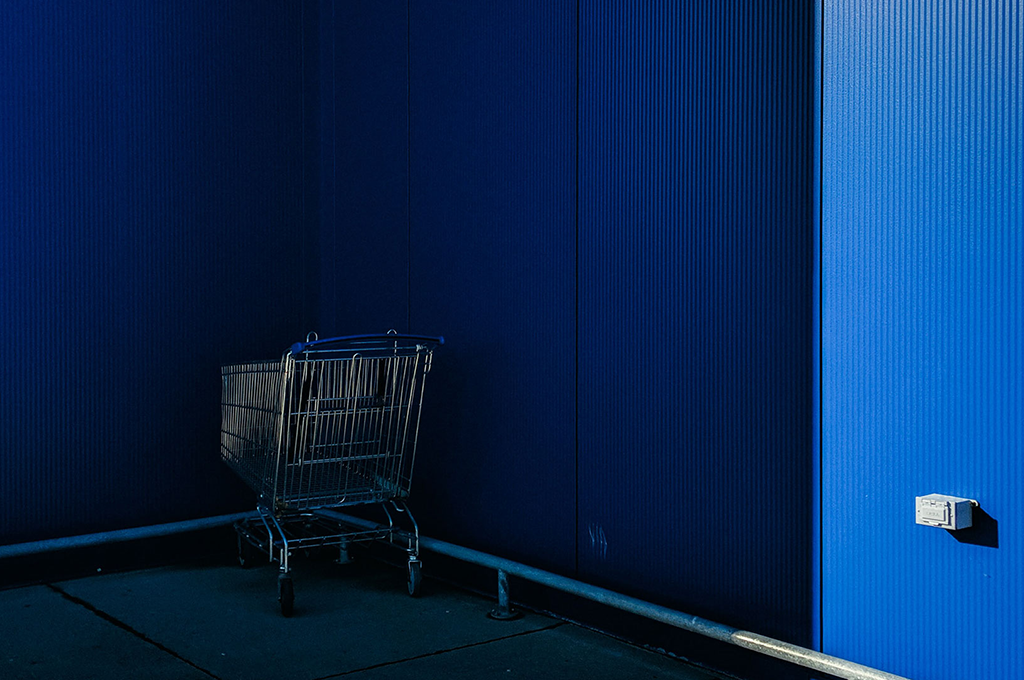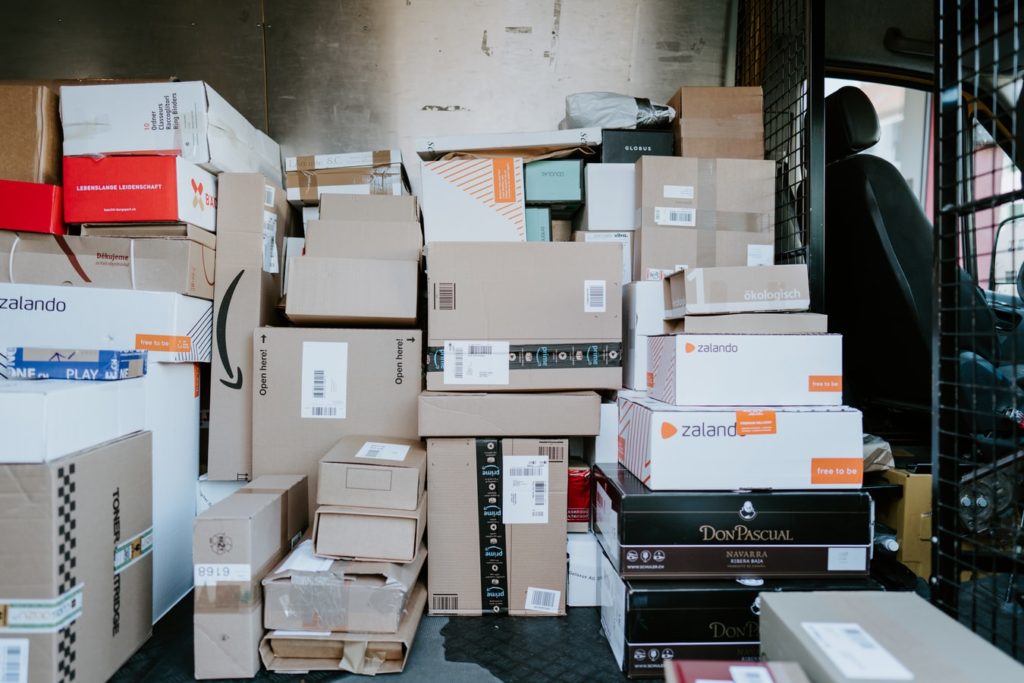The Interbrand view: Convenience versus relevance

Give Me Convenience Or Give Me Death sounds all too much like a plausible slogan for today’s retail consumers. It’s actually the title of an album by punk band The Dead Kennedys, but it seems very relevant in today’s age of click-and-buy commerce. But is convenience truly all people want? How about relevance? Or experience? Or purpose? Or the fulfilment of higher-order needs, rather than just seamless acquisition? Of course, the retail landscape has changed due to Covid. The pandemic has created a new precedent for shopping online – in October 2020 in the UK, for instance, according to the Office for National Statistics, store sales dropped by 3% but online grew by a startling 53%. And this could prove to be a permanent shift. Behavior is notoriously hard to change, so if people have changed their behavior to shop online it’s unlikely that they’ll revert back to pre-COVID norms. Amazon is, of course, the poster child for e commerce, even if it’s not yet as dominant as many people assume. In the UK it has less than a quarter of the online retail market, for instance, and in the US it’s around 39% – and it has even lost a little market share recently to rivals including Target and Best Buy.
Amazon has encouraged shoppers to shop online, though, and has created an opportunity for other brands by normalizing that behavior. What Amazon has locked up, though, is convenience, moving to a model of same-day delivery which is going to make it difficult if not impossible to compete on convenience at scale. Amazon has stated that its mission is to be the world’s most customer centric business; an aim that can be delivered through its superlative use of data. That is Amazon’s greatest strength – but also a potential weak spot, because it can’t offer what it can’t measure.
What about needs that customers don’t have? Or needs that customers don’t yet know they have? Or what about meeting needs, or inventing needs, that customers don’t have today – needs that can’t be measured in raw data, like the need for socialization, the need for leisure or the need for inspiration? Needs are neither static nor amenable to a mechanical analysis. We have identified three areas where the needs of the shopper are changing, leading to opportunities for smart retailers. The brands that have been good at adapting are clearly gaining, but it’s the ones that think about the creating the next-generation new experience that will ultimately win.

Relevance
People are moving to new neighborhoods as at-home time increases, and the changing scope of where people live will have a major impact on the future retail experience, where it is, and the role it will play in people’s lives. Changing city landscapes and communities have re-emphasized the local and the value of independent, closeto-home retail. These retailers’ connection with their environment and community is crucial. The local experience is ultra-connected – it’s all about the quality of the proprietors and their customer service.
There’s an even more tangible use right now for local stores – the US Department of Health and Human Services has signed on dozens of grocery and pharmacy chains – including Kroger, Albertsons and CVS – to provide Covid-19 vaccines.
Engagement
The experience retailers create for their shoppers needs to be omnichannel, relevant, and paired with the right influencers and brand collaborations. This can involve easy shopping for products, or conversely just showrooming products to facilitate online sales.

Leadership
The leadership of brands with a common purpose to the consumer is key. The people behind businesses are now more closely scrutinized; their ethics and values are seen as part of the brand’s value, and its influencers and ambassadors also need to live up to their promises.
One good recent example of common purpose was when UK supermarket chain Sainsbury’s ran a Christmas advertisement, featuring a Black family, which became a focus for racists on social media. The collective force of the entire industry came together in support: rivals Aldi, Asda, Co-op, Iceland, Lidl, M&S, Sainsbury’s, Tesco and Waitrose staged a back-to-back ad break with the tagline #StandAgainstRacism.
These are all areas where retail has much more to offer than convenience. History tells us that kind of functional relationship with buying is at odds with what we know consumers want, and that shopping plays a much bigger part in people’s lives than merely the acquisition of products. Maybe the problem isn’t necessarily the rise in dominance of tech, it’s the absence of relevance in the physical space. Shopping at its best can be more than an experience. It’s involved with self-actualization and self-esteem – there are a lot of higher-order emotional things going on when people go shopping. In evolved consumer societies such as the USA and Europe, we don’t buy because we need, we buy because we want.
There are higher-order needs that we express through shopping that present opportunities on which other retailers can compete; the higher up the needs ladder we go, the more successfully we satisfy those needs, the harder it is to replicate, because it becomes intangible. And intangibility is one thing that technology is very bad at. What’s great about retail is that it’s about the needs that people have around socializing, sharing, dreaming and imagining – answering that question of “who do I want to be, what things am I putting in my house, what am I saying about myself?” There’s a sense that with great retail you’re continually reimagining yourself; you’re building a new image of yourself. What does the next successful retailer look like? Purpose will be key. Offering relevance, and a unique experience will be vital. And it will be crucial to offer an omnichannel experience – those with all of those things plus a strong e-commerce offering have the optimum opportunity to be a post-Covid winner.
